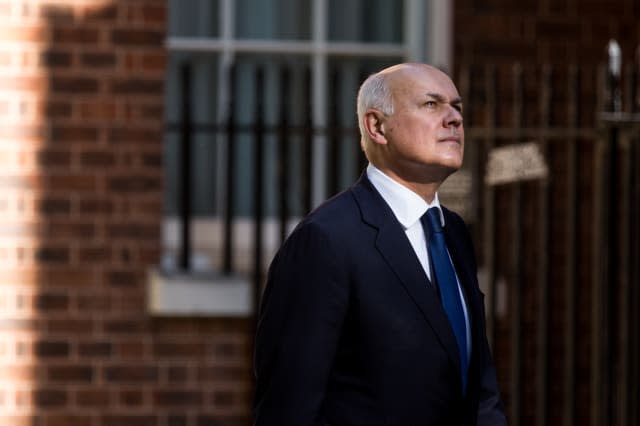Child poverty measure to be removed

Legal requirements to lift children out of relative poverty are to be abolished as the Government reforms the way it measures the problem, Work and Pensions Secretary Iain Duncan Smith has announced.
Mr Duncan Smith will bring forward legislation to remove the official measure, which defines a child as being in poverty if it is in a household with less than 60% of the national median average income.
In a statement to MPs, he said that the measure was deeply flawed because it meant that the official measure of child poverty could be reduced by a slump in the economy or increased by a hike in state pensions.
The 60% target will be replaced by a statutory duty for ministers to report regularly on measures such as educational attainment and numbers of children in workless households, which the Work and Pensions Secretary said were some of the key indicators of a child's life chances.
The long-expected change came as the four UK children's commissioners joined forces to warn child poverty rates across the UK were "unacceptably high" and urge the Government to hold back from benefit cuts which could push more young people into poverty.
Mr Duncan Smith said: "Eradicating child poverty is an absolute priority for this Government, and I have consistently argued that it is not enough to tackle the symptoms without also tackling the underlying causes.
"The measures announced today are the foundation of a new, comprehensive way of addressing poverty and reflect our conviction that work is the best route out of poverty.
"Our new approach will drive effective Government action by focusing attention on making meaningful change to children's life chances."




